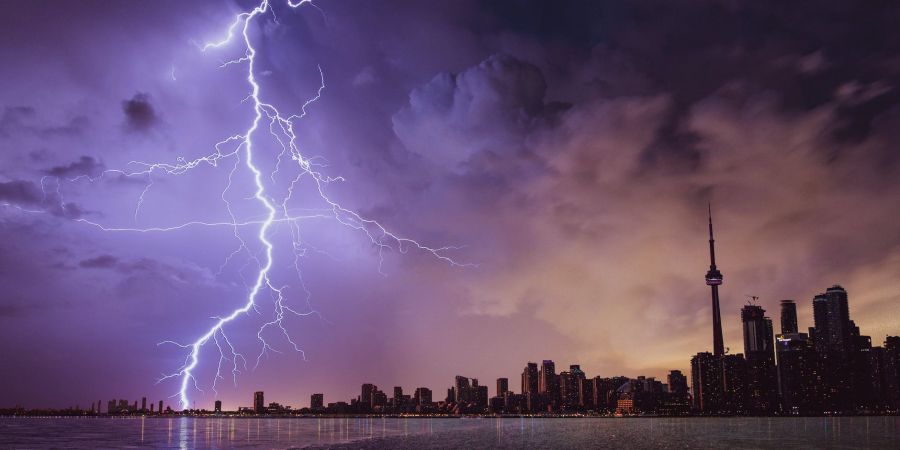

Weather forecasts may seem pretty mundane. But predicting the weather can mean a matter of life and death. Knowing what will happen in a couple of days isn't just a case of knowing whether to have a picnic at the weekend or not.
By 2013, weather prediction in India had hugely improved. And, more importantly, these improvements were being put into action. Warnings were issued far and wide and over a million people were evacuated. This is the power of early warning systems. The first step in an early warning system for extreme weather is knowing what the weather will do. To capture the planet's current weather conditions, meteorologists use weather observations on location, combined with a fleet of satellites that observe the weather from space. The data from these observations can be fed into computer models that simulate the physics of the atmosphere and ocean. And this data has revolutionised forecasting.
Predicting extreme weather events, warning people, and acting to protect them are all parts of “early warning systems”. And doing them right makes a huge difference. And early warning systems don't just protect people from storms, they save lives from everything from wildfires to heat waves. Warning can even reduce the damages from longer lasting events, like droughts - by giving farmers chance to prepare. as well as protecting people, the systems hugely reduce losses to property. Even 24 hours' warning can reduce damages by a third, by giving people a chance to move themselves and their possessions out of harm's way.
So why, then, do some weather disasters still catch us out?
Today a third of the world's population have no access to early warning systems. These gaps are often in the world's most vulnerable countries. To make matters worse, global warming driven primarily by emissions in wealthier countries is ramping up both the intensity and the frequency of these disasters. Some global weather services provide forecasts of large scale weather systems, but without early warning systems within a country, these predictions often don't filter to where they are needed. What's more, smallest scale disasters can't be captured by such global forecasts.
We can't stop disasters striking. In fact, events from heat waves to droughts, will continue to get worse as long as we keep heating the planet. But we can take actions to protect ourselves. And early warning systems offer incredibly powerful protection. The countries that suffer the most from extreme weather are often the very ones that are missing the systems.










